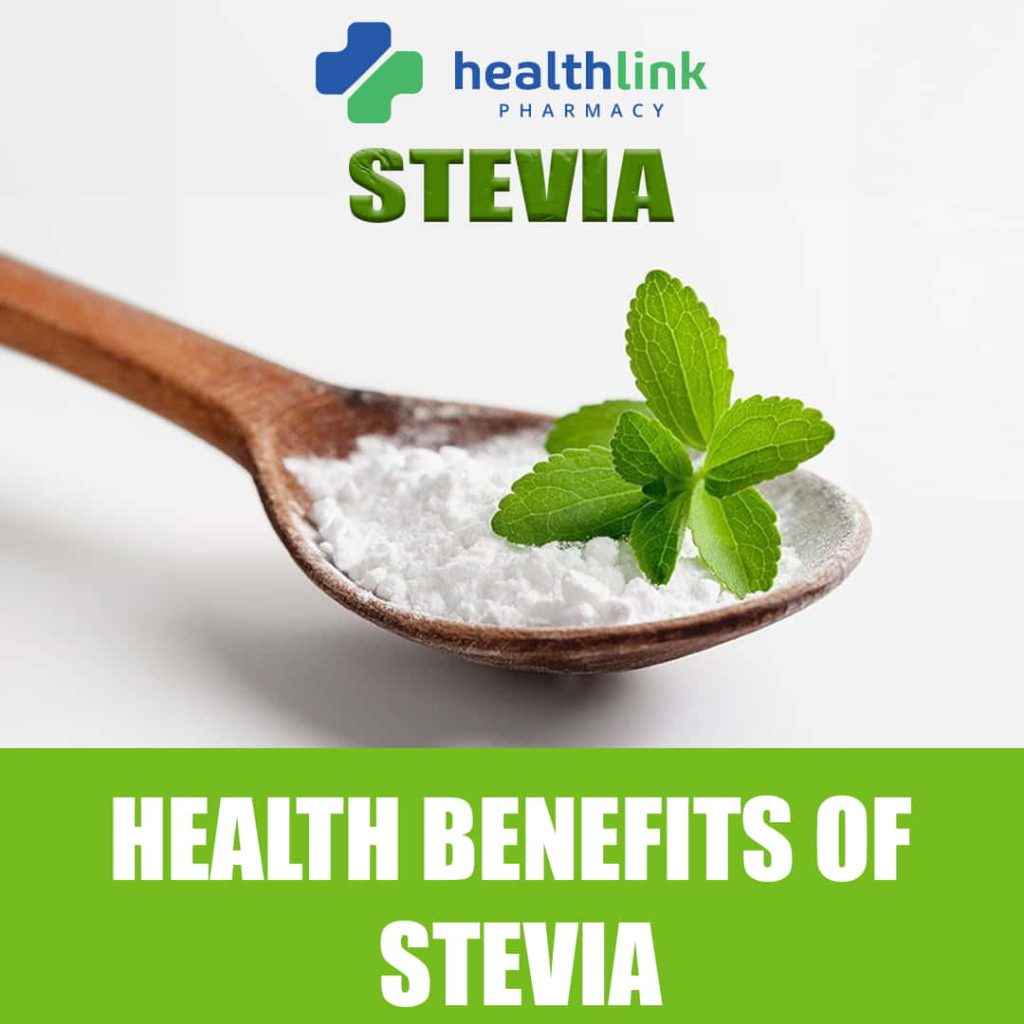Stevia, a natural sweetener derived from the leaves of the Stevia rebaudiana plant, has gained popularity recently as a healthier alternative to sugar and artificial sweeteners. We will explore the various health benefits of stevia and why you should consider incorporating it into your diet.
What is Stevia?
Stevia is a plant native to South America that has been used for centuries as a sweetening agent. The leaves of the Stevia rebaudiana plant contain sweet compounds called steviol glycosides, which give stevia its intense sweetness. These compounds are much sweeter than sugar but contain zero calories, making stevia an attractive option for those looking to reduce their sugar intake.
Nutritional Value of Stevia
Stevia is not just a sweetener; it also contains some beneficial nutrients. While it is low in calories, stevia is rich in antioxidants and may have specific health-promoting properties.
Health Benefits of Stevia
Zero Calories
One of the most significant advantages of stevia is that it is calorie-free. This makes it an excellent alternative to sugar for people looking to manage their weight or reduce their calorie intake.
Regulates Blood Sugar Levels
Unlike sugar, stevia does not cause spikes in blood sugar levels. Some studies suggest that stevia may help improve insulin sensitivity and lower blood sugar levels, making it a suitable sweetener for diabetics or those at risk of diabetes.
Antioxidant Properties
Stevia contains various plant compounds that act as antioxidants, protecting your cells from damage caused by free radicals. Antioxidants are crucial in reducing inflammation and lowering the risk of chronic diseases.
May Help Lower Blood Pressure
Some research indicates that stevia may benefit blood pressure by dilating blood vessels and improving circulation. This could help lower blood pressure levels and reduce the risk of heart disease.
Anti-Inflammatory Effects
Certain compounds in stevia have anti-inflammatory properties, which can help reduce inflammation in the body. Chronic inflammation is linked to various health conditions, so incorporating anti-inflammatory foods like stevia into your diet may have long-term benefits.
May Aid in Weight Management
Due to its zero-calorie content and intense sweetness, stevia can be a valuable tool for weight management. Replacing sugar with stevia can satisfy your sweet tooth without adding extra calories.
Dental Health Benefits
Unlike sugar, which can contribute to tooth decay, stevia is not fermented by oral bacteria, reducing the risk of cavities. Using stevia as a sweetener can help protect your teeth and promote better oral health.
May Improve Skin Health
Some studies suggest that stevia may benefit skin health when applied topically. Its anti-inflammatory and antimicrobial properties could help soothe skin irritations and prevent acne breakouts.
How to Use Stevia
Stevia is available in various forms, including liquid extracts, powders, and tablets. It can sweeten beverages, baked goods, and other recipes. When using stevia as a sugar substitute in baking, remember that it is much sweeter than sugar, so you must adjust the amount used accordingly.
Types of Stevia Products
In addition to pure stevia extracts, you may also come across products containing other ingredients like erythritol or dextrose. These blends are often used to improve the texture and flavor of the sweetener.
Potential Side Effects of Stevia
While stevia is considered safe for most people, some individuals may experience side effects such as gastrointestinal discomfort or allergic reactions. Monitoring your body’s response when incorporating stevia into your diet is essential.
Stevia vs. Artificial Sweeteners
Unlike artificial sweeteners like aspartame or saccharin, stevia is a natural plant sweetener. It does not contain synthetic chemicals and is generally well-tolerated by most people.
Is Stevia Safe for Everyone?
Stevia is considered safe for the general population, including children and pregnant women. However, individuals with certain medical conditions or allergies should consult their healthcare provider before using stevia.
Stevia in Cooking and Baking
Stevia can be used in various recipes, from beverages and desserts to savory dishes. It is heat-stable, making it suitable for cooking and baking at high temperatures.
Stevia is a Natural Sweetener
As a natural sweetener, stevia offers a healthier alternative to sugar and artificial sweeteners. Its zero-calorie content and various health benefits make it a popular choice for those looking to reduce their sugar intake.
Research and Studies on Stevia
Numerous studies have been conducted on stevia, highlighting its potential health benefits and safety profile. Research continues to explore the various uses of stevia in promoting overall health and well-being.
Stevia as a Sustainable Alternative
Stevia cultivation requires less water and land than sugar production, making it a more sustainable sweetener option. By choosing stevia over traditional sugar, you can reduce your environmental impact and support sustainable agriculture practices.
Conclusion
In conclusion, stevia is a natural sweetener with numerous health benefits, including zero calories, blood sugar regulation, antioxidant properties, and potential weight management support. You can enjoy sweet treats without compromising your health by incorporating stevia into your diet as a sugar substitute.

